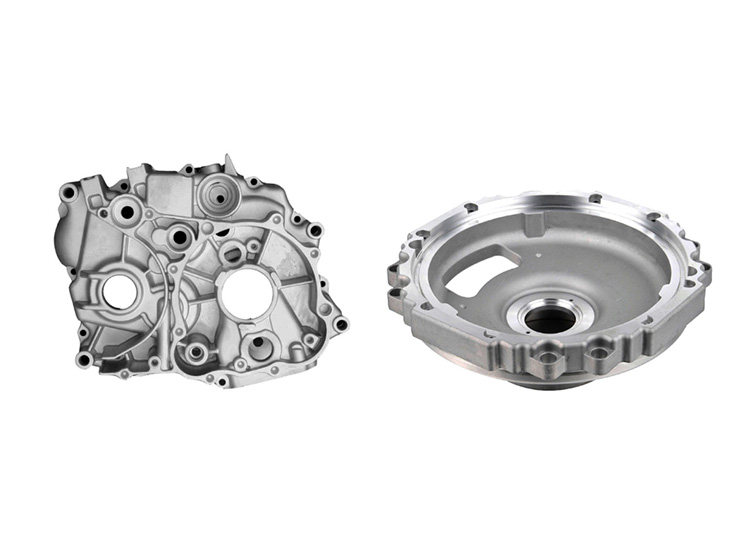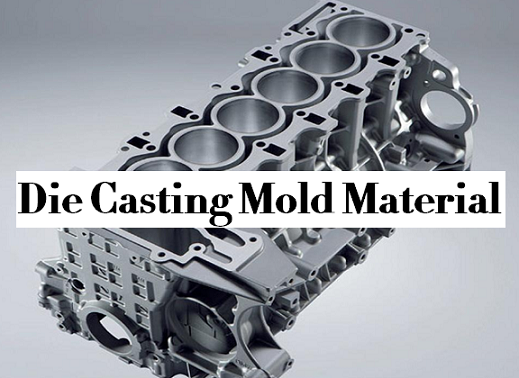Stahl Specialty Company Fundamentals Explained
Stahl Specialty Company Fundamentals Explained
Blog Article
The 7-Minute Rule for Stahl Specialty Company
Table of ContentsLittle Known Facts About Stahl Specialty Company.Some Known Details About Stahl Specialty Company What Does Stahl Specialty Company Mean?Excitement About Stahl Specialty CompanyStahl Specialty Company for BeginnersNot known Incorrect Statements About Stahl Specialty Company

If you're designing a steel item, you've likely thought about making use of light weight aluminum as the base material. Pure light weight aluminum has actually limited applications, so it is typically integrated with various other elements, such as silicon, magnesium, and manganese to form alloys.
Different components and amounts create a large selection of preferable physical and chemical residential properties. And the Aluminum Association (AA), based in North America, has produced specs that manage light weight aluminum alloys' composition, homes, and classification. There are two types of aluminum alloys wrought and cast. Factory workers develop these alloy kinds in different methods, which substantially affects their features.
Stahl Specialty Company - Truths
Cast light weight aluminum alloys are made by melting pure light weight aluminum and incorporating it with various other metals while in fluid form. After that the mix is poured right into a sand, die, or financial investment mold and mildew. After solidification, the steel is eliminated from its mold and mildew. At this phase, it remains in either its last form or as a billet or ingot for more handling.

The fourth figure, which comes after the decimal factor, specifies if the alloy is a casting (xxx. Wrought aluminum alloys also begin by incorporating liquified aluminum with other steels. In contrast to cast alloys, however, they are created into their final form through procedures such as extrusion, rolling, and flexing after the steel has solidified right into billets or ingots.
There are lots of small differences in between wrought and cast light weight aluminum alloys, such as that cast alloys can contain a lot more considerable amounts of other steels than wrought alloys. Yet the most noteworthy distinction in between these alloys is the fabrication process where they will most likely to deliver the last product. Other than some surface therapies, cast alloys will exit their mold and mildew in nearly the precise solid kind desired, whereas wrought alloys will go through several modifications while in their solid state.
If you believe that a wrought alloy might be the ideal for your job, take an appearance at some of our short articles that clarify more concerning particular functioned alloys, such as Alloy 6061 and Alloy 6063. On the various other hand, if you assume a cast alloy would certainly be better for you, you can find out more regarding some actors alloys in our Alloy 380 and Alloy 383 short articles (coming quickly).
Some Known Factual Statements About Stahl Specialty Company
When selecting a light weight aluminum foundry for your manufacturing requirements, it's essential to research numerous factors. One of the most vital aspects to consider is the experience and capability of the foundry. Casting Foundry. Choosing a factory who has the ideal expertise of the light weight aluminum spreading process, and the profile to show for it, assists to have an effective outcome for your task
Having the experience and sector expertise to craft your spreadings for ideal production and quality outcomes will certainly streamline the task. Producing aluminum castings needs a complicated collection of processes to attain the appropriate outcomes. When picking a brand-new light weight aluminum factory to partner with, guarantee they have comprehensive sector experience and are experienced regarding all facets of the light weight aluminum casting process: design, manufacturing, material analysis, and item testing.
The shop must likewise have a tested record of providing remarkable items that meet or go beyond client expectations. Quality assurance must also go to the top of your listing when picking a light weight aluminum foundry. By dealing with a certified foundry who follows the criteria for high quality control, you can protect the honesty of your item and guarantee it meets your requirements.
By choosing a firm who uses solutions that satisfy or exceed your item needs, you can be sure that your job will certainly be completed with the utmost accuracy and effectiveness. Various components require different production methods to cast light weight aluminum, such as sand casting or die spreading.
The Only Guide for Stahl Specialty Company
Pass away casting is the name offered to the process of producing complicated steel parts with use mold and mildews of the part, additionally recognized as dies. The procedure utilizes non-ferrous steels which do not consist of iron, such as light weight aluminum, zinc and magnesium, due to the desirable properties of the metals such as reduced weight, greater conductivity, non-magnetic conductivity and resistance to corrosion.
Pass away spreading manufacturing is quick, making high production degrees of components very easy. It generates even more elements than any type of other process, with a high degree of precision and repeatability. To read more about die spreading and pass away casting materials made use of in the procedure, reviewed on. There are 3 sub-processes that fall under the category of die spreading: gravity pass away spreading (or long-term mold spreading), low-pressure die spreading and high-pressure die casting.
Despite the sub-process, the die casting procedure can be broken down right into six actions. After the purity of the alloy is evaluated, passes away are developed. To prepare the needs casting, it is necessary that the passes away are clean, to make sure that no residue from previous manufacturings continue to be. After cleansing, the ejection lubrication is related to the die to make sure a smooth release.
All About Stahl Specialty Company
The pure steel, additionally called ingot, is contributed to the heater and maintained at the molten temperature level of the metal, which is then transferred to the shot chamber and injected into the die. The pressure is then preserved as the steel solidifies. Once the metal solidifies, the cooling process begins.
(https://www.behance.net/franceshoward2)
The thicker the wall of the part, the longer the cooling time as a result of the quantity of interior steel that additionally needs to cool. After the element is totally cooled down, the die halves open and an ejection system presses the part out. Adhering to the ejection, the die is closed for the next injection cycle.
The flash is the added product that check here is cast throughout the process. Deburring removes the smaller pieces, called burrs, after the cutting procedure.
All About Stahl Specialty Company

Zinc is just one of the most pre-owned alloys for die spreading as a result of its reduced cost of basic materials. It's additionally among the more powerful and stable metals. Plus, it has excellent electric and thermal conductivity. Its corrosion resistance also allows the parts to be long-term, and it is among the a lot more castable alloys as a result of its lower melting point - Foundry near me.
As stated, this alloy is just one of one of the most commonly utilized, yet produces will, at times, choose aluminum over zinc due to aluminum's production benefits. Light weight aluminum is extremely cost-effective and one of the much more versatile alloys. Aluminum is used for a number of various items and markets anything from window frames to aerospace materials.
Report this page